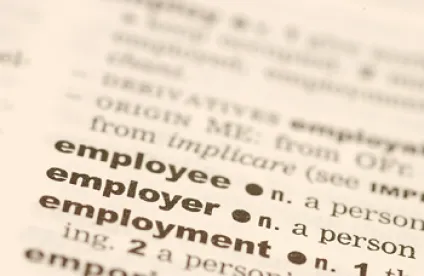Q: How can an employer enforce or maintain noncompete agreements with employees spread across many states?
A: Not easily.
Laws regarding employer-employee agreements known as noncompetition agreements, or covenants not to compete, vary significantly from one state to another in their enforceability. Some states have specific statutes limiting application of such agreements to certain professions or in specific situations. An agreement enforceable in one state may be unenforceable in another. This poses practical challenges for national or multistate employers seeking to protect their interests.
Such employers should examine the distinctions between confidentiality/trade secret agreements, non-solicitation agreements (of customers or employees), and true noncompete agreements, providing that even if the employee leaves with nothing belonging to the employer and contacts neither employees nor customers, they still cannot work nearby for a period of time in competition. Courts may be far more willing to enforce only confidentiality agreements or only non-solicitation agreements than true noncompete agreements, so consider putting such parts into separate agreements, and ultimately tailor employer-employee agreements as narrowly as possible to protect the employer’s interests. Most courts measure such reasonable narrowness in terms of time duration, geographic proximity and/or scope of role barred.
Employers also should look critically at practical steps to protect intellectual property and goodwill before the employee leaves in competition:
-
Are key documents password protected or limited in access? Digital watermarks saying “do not copy” may be easy from a tech perspective.
-
Are handbook policies and agreements updated regularly, as employees change jurisdictions or as laws change?
-
Are regular trainings conducted to emphasize the importance of such policies?
These practical actions may go a long way toward avoiding the need to enforce covenants not to compete, and they can provide strong evidence for the employer in an enforcement action.
Ultimately, however, an employer seeking to enforce employer-employee agreements across multiple states of operation should know the law in every such jurisdiction before contemplating any enforcement actions.



 />i
/>i
